By Logan Andrew, Editor-in-Chief | FreeWire — Your News, Your Voice

BUCYRUS— Council chambers were busy on Thursday evening, as city officials worked their way through nearly four hours of back-to-back committee meetings. Topics ranged from park trail grants and zoning requests to sewer separation projects and a potential income tax levy to fund the city pool. But as always, it wasn’t just policy under discussion—politics loomed in the background, with new allegations about the council president’s behind-the-scenes maneuvering surfacing before the night was over.
Public Lands & Buildings Committee
Members: Spiegel, Mauritz, Slater, Sharrock (Chr.)
Service-Safety Director Tommy Starner kicked things off with a request to move forward with legislation to secure an ODNR grant for trail development at Aumiller Park. The ordinance passed as an emergency measure to meet state deadlines.
The committee also cleared out several open projects deemed unnecessary. One item still pending: updates to the city’s hunting ordinance. Councilwoman Sharrock noted a classic case of bureaucratic miscommunication—the Law Director and SSD thought Sharrock was handling it, and vice versa. The moment prompted laughter, with some calling it a textbook example of government red tape.
During public participation, citizen Larry Gallant raised concerns about overgrown grass on West Mary Street. Gallant recounted discovering 85-year-old Douglas Wayne Ryan lying in the tall brush after falling while walking his dog. Gallant said the city needs to do a better job maintaining the property, but Councilwoman Slater countered that access is blocked by multiple dilapidated vehicles. Gallant took exception to that, and the exchange briefly grew tense.
This is the same property that Mr. Cady raised concerns about in recent meetings, where he alleged a new fence could block emergency responders.
Photographs of the property in question
Health & Safety Committee
Members: Myers, Sharrock, Mee, Dishon (Chr.)
Dylan Wyatt of Makeever & Associates addressed the committee in regards to the South Sandusky Avenue road project. He revealed the current road width of 30 feet falls short of ODOT’s 36-foot standard, with traffic studies showing a steep decline in usage—from 5,700 vehicles daily in 2015 to just 2,987 today. Despite less traffic, the city continues to spend $10K–$15K annually on repairs caused by drivers hugging the edge of the road. Wyatt suggested further studies before deciding on structural changes.
The committee also worked through revisions to BCO Chapters 505 (Animals), 711 (Solicitors), and 381 (Taxicabs). Residents can now request to be added to a no-solicitation list, which will be shared with permit-holding solicitors. Residents must contact city administration to opt out.
During public input, Greg White made a surprisingly reasonable point—the updated dog ordinance included language that would classify urinating dogs as a “nuisance.” Council agreed it was a stretch and said they’d revisit the wording.

Service Committee
Members: Sharrock, Myers, Spiegel, Mauritz (Chr.)
Dylan Wyatt returned to announce that the waterline replacement project has been scrapped due to the financial condition of the waterworks fund. Instead, the city is pivoting to a sewer separation project targeting 350 acres of Bucyrus. The plan will likely be divided into 4–5 phases and has been forwarded to the Finance Committee for funding consideration.
Platting Committee
Members: Sharrock, Slater, Dishon, Mee (Chr.)
Two items related to Avita Health System—an alley vacation and rezoning request from R3 to GB—were referred to the Planning Commission.
A third zoning request from Sunoco was tabled after it was revealed the business had requested a classification that doesn’t actually exist in city code. Clarification from the owner is pending.
Addressing a prior question from Al Frazier, Dylan Wyatt explained why curbs aren’t being installed on newly repaved streets. Although the curbs themselves are relatively cheap ($80 per linear foot), a 12-inch curb would require digging deep enough to expose gas lines, water lines, and OmniFiber cables—driving up costs significantly.
Economic Development Committee
Members: Dishon, Mauritz, Slater (Chr.), Spiegel (former Chr.)
Having recently joined council, Terry Spiegel stepped down as chair, nominating Clarissa Slater in his place. The motion passed unanimously.
The committee briefly discussed annexing properties along Mansfield Street and Route 30, an early signal that the city may look to expand eastward if infrastructure allows.
Finance Committee
Members: Mee, Mauritz, Dishon, Myers (Chr.)
Dylan Wyatt opened the meeting with a cost breakdown of the proposed sewer separation project:
- Construction estimate: $4,269,000
- Total project cost (including administrative): $5,150,000
The city plans to pursue grants first, followed by low-interest loans, and bonding only as a last resort.
Also during the meeting, a vote was held to authorize the Service-Safety Director to enter an $8,000 agreement with the Bratwurst Festival Board to provide safety forces and cleanup services. The measure failed after Kevin Myers and Vicki Dishon voted no. Myers said the festival had already secured private security and cleanup crews, while Dishon stated the actual cost to the city would be closer to $17,000. She added that she’d consider a motion to reconsider if the figure was corrected.
The committee then turned its attention to a potential income tax levy to support operations at the Aumiller Park swimming pool, which has operated in recent years thanks largely to private donations.
As that conversation unfolded, the council president arrived and launched into a familiar tirade, accusing the committee of his latest moniker, being a “tax and spend” body for even considering a new levy. But the irony was hard to miss: the very levy he was condemning originated with him—first proposed in early 2024—and was more recently reintroduced by his close ally Greg White just last month.
The moment captured a recurring theme in local politics: some officials seem more interested in opposing whatever’s on the table than owning the proposals they once championed.
Which makes what happened behind closed doors all the more ironic.
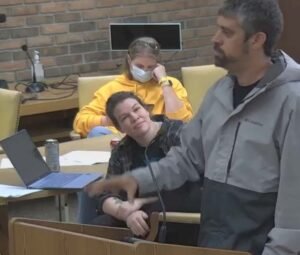
Behind the Scenes: Dispatch Deal Allegedly Sabotaged
A source close to the matter tells FreeWire that the council president actively undermined one of the most significant cost-saving opportunities the city has seen in years: a proposed administrative agreement to merge city and county dispatch services.
The plan, which would have preserved all existing jobs, was expected to save the city approximately $480,000 annually in salary costs. But before the agreement could be finalized, the council president leaked confidential details of the proposal—derailing the deal and effectively killing it before it ever had a chance to move forward.
According to the source, this pattern of behavior is precisely why the tentative fire department union agreement was handled with extra caution. Rather than distributing the full agreement broadly, it was made available as a confidential attachment in the mayor’s office, with council reviewing it page-by-page in executive session just before the vote. The intent was clear: keep it from being sabotaged before it could be acted on.
So while the council president continues to chastise his colleagues for not proposing spending cuts—despite a $300,000 budget shortfall—it’s worth remembering he undermined a proposal to save that much and more.







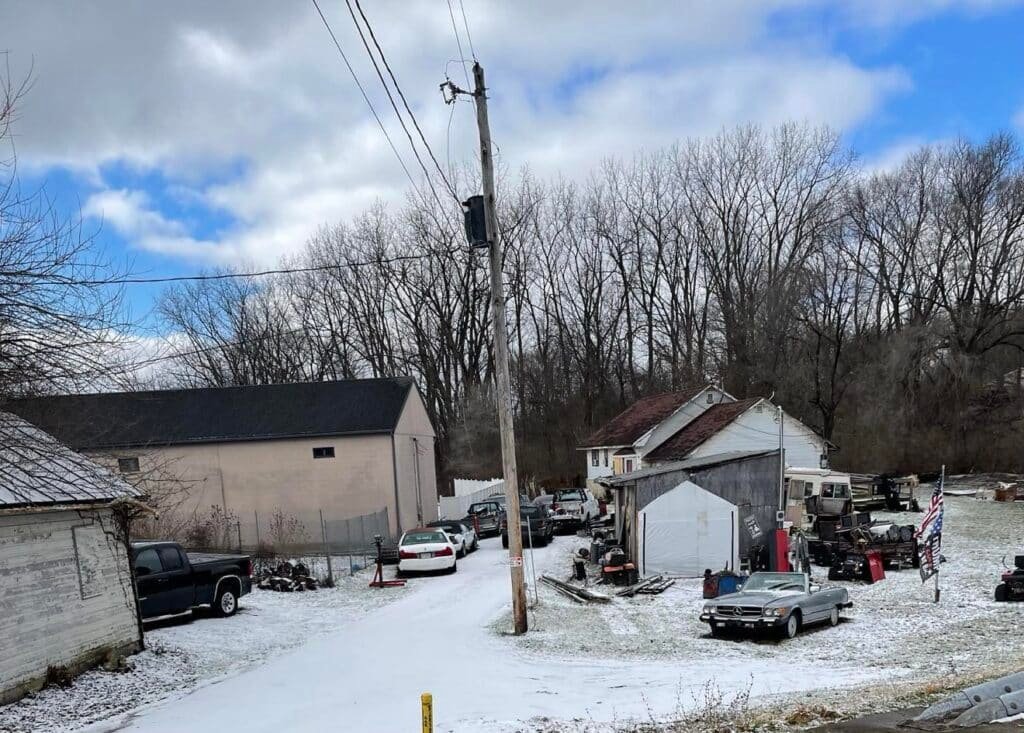
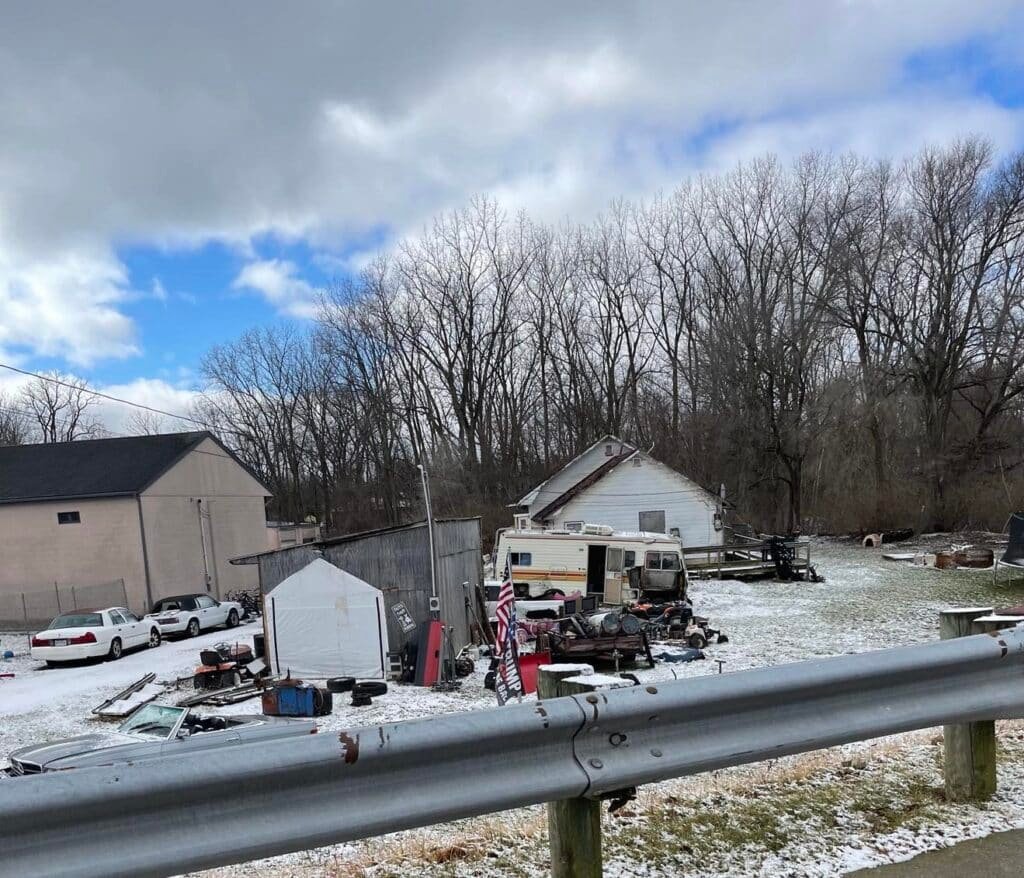
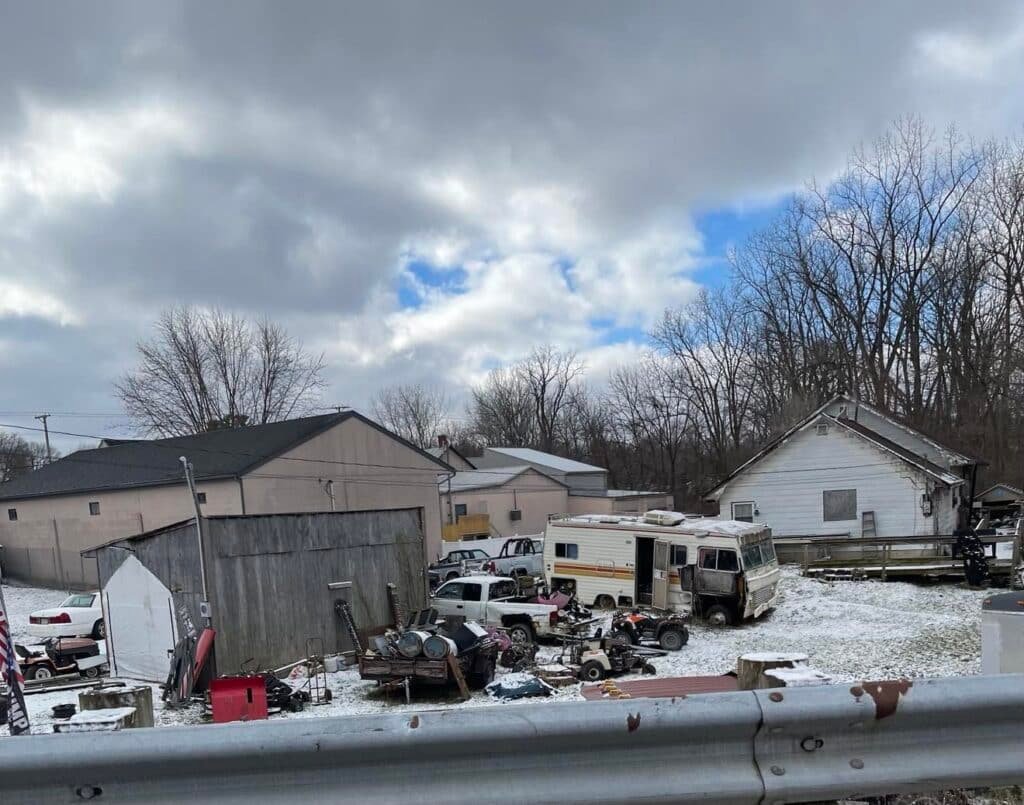




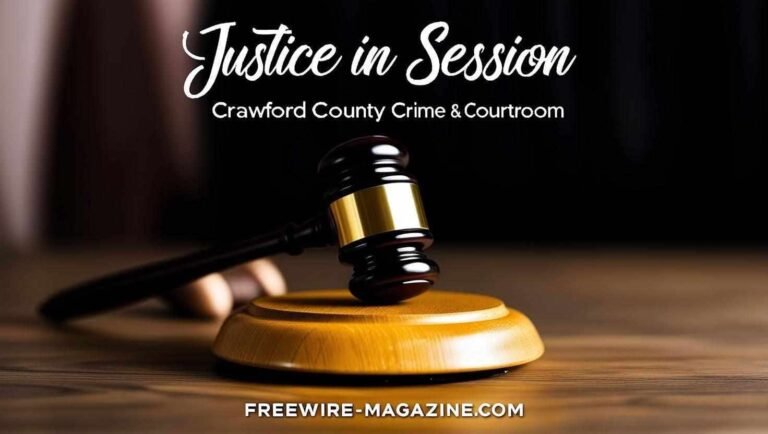
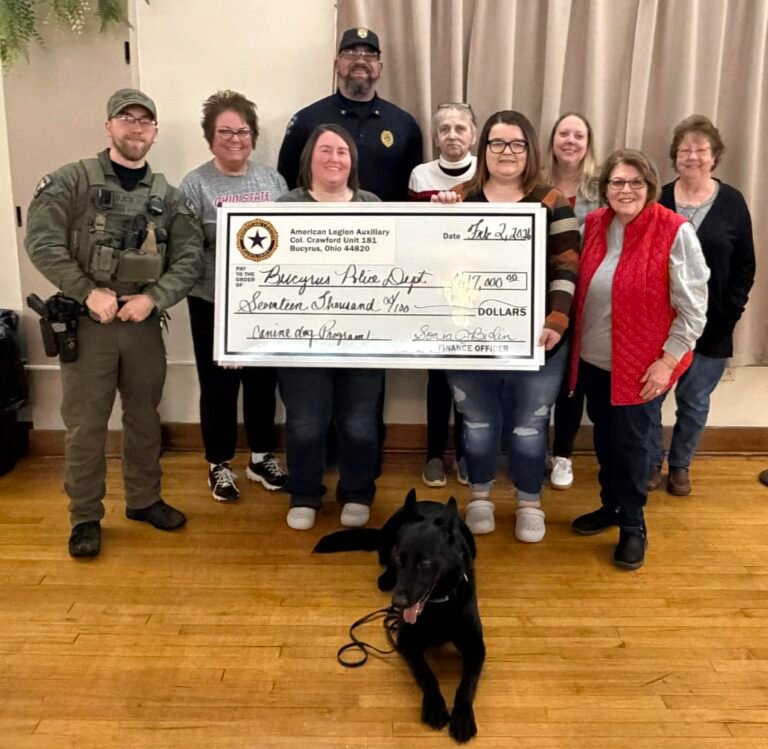
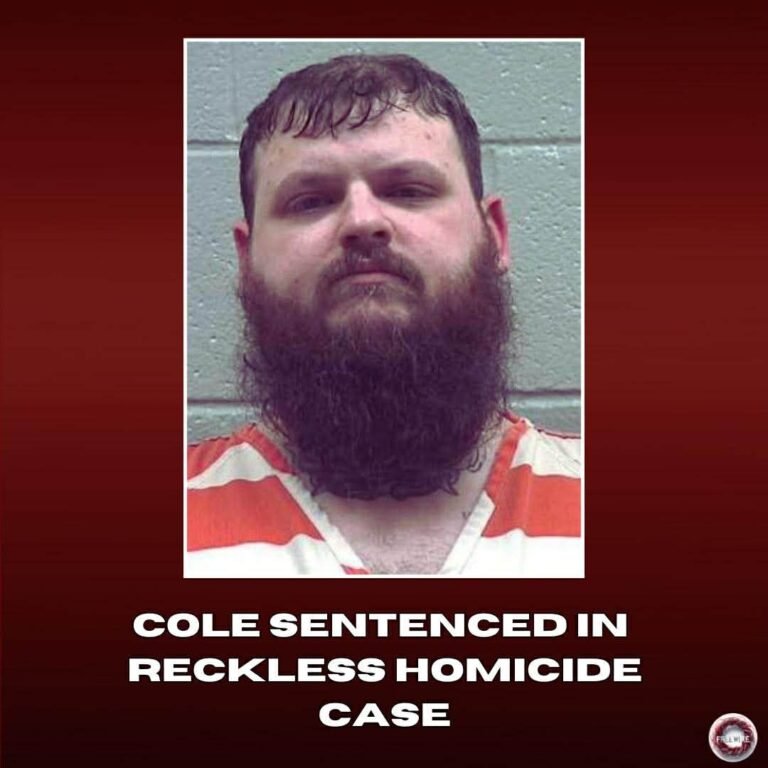

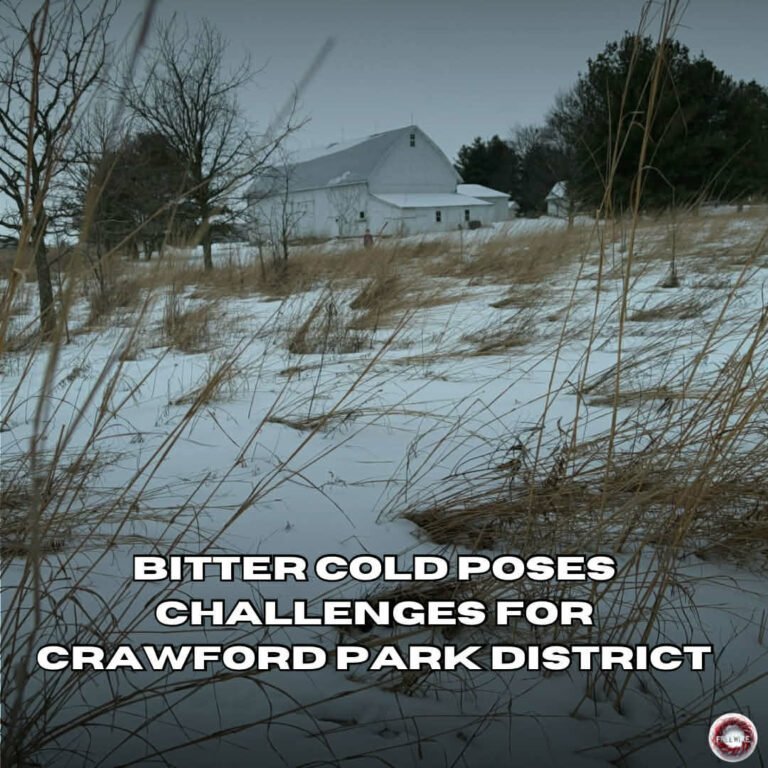


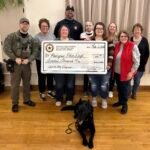


Logan Andrew’s,
I was able figure this out, leave reply with a comment.
And thank you Larry Gallant for just doing things right, just because, This just basically is showing everyone who you are! Makes me begin to believe in Humanity! I have already began losing trust in just a day or so ago! 👍🫶☺️. Much respect to all.
JoAnn Spears